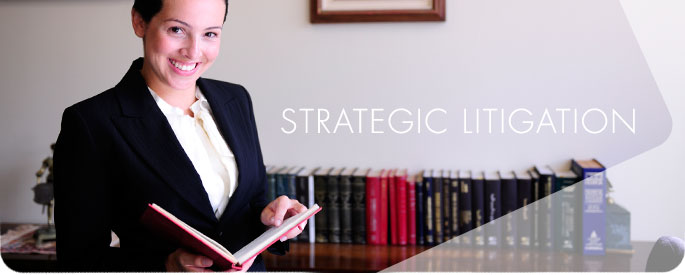
Strategic litigation
MDAC’s signature programme uses the judiciary to achieve legal and social change for people with disabilities. Please click here for our legal successes and needs.
I thank you, MDAC, for helping to regain my freedom and independence in my life. It is very important that my story was an opportunity to help other people whose rights are violated because of guardianship and to change the system!
Pavel Shtukaturov, MDAC client
May 2016, MDAC call for abuse/ill-treatment case referrals: to find out more, please click here.
What is strategic litigation?
Litigation means taking cases to court. Strategic litigation is a method that can bring about significant changes in the law, practice or public awareness via taking carefully-selected cases to court. The clients involved in strategic litigation have been victims of human rights abuses that are suffered by many other people. In this way, strategic litigation focuses on an individual case in order to bring about social change.
Why does MDAC do strategic litigation?
The objectives of our strategic litigation are to:
- Create progressive jurisprudence which advances human rights
- Instigate reform of national laws which do not comply with international human rights law
- Ensure that laws are interpreted and enforced properly
- Document human rights violations by the judiciary
- Enable individuals to seek remedies for human rights violations
- Empower people with disabilities who have been victims of human rights abuses and rebalance the historic injustices against people with disabilities
How does MDAC do strategic litigation?
MDAC works in partnership with organisations (mainly disabled people’s organisations and human rights organisations) and lawyers in various countries to develop and litigate cases. These relationships enable us to tap into local expertise, to work with lawyers who maintain contact with clients, and to work with organisations who can use judgments to change and implement laws. Sometimes we give direct advice to lawyers and are on-record attorneys, sometimes we give off-record advice, and sometimes we intervene in a case in order to provide expertise to a court and assist it in the proper administration of justice.
We support lawyers and organisations to take cases in domestic courts (district courts, appeal courts, constitutional courts, supreme courts) in several European countries (Bulgaria, Czech Republic, Hungary, Russia, Slovakia, UK) and we are developing links with lawyers to take cases in African countries. We also work with lawyers to bring cases to the European Court of Human Rights. We are developing a docket of cases for submission as individual communications to the UN Committee on the Rights of Persons with Disabilities.
Our research and monitoring programme furthers our strategic litigation by identifying specific rights violations and serving as the basis for reports to which government responses may provide direct evidence. We use advocacy tactically to make it more likely for judges to decide in applicants’ favour, and as a follow-through from successful (and unsuccessful) court judgments. Our capacity-building programme supports strategic litigation by strengthening the lawyering skills and specific legal knowledge of attorneys and advocates in order to deepen our strategic litigation into new geographic and substantive areas.

